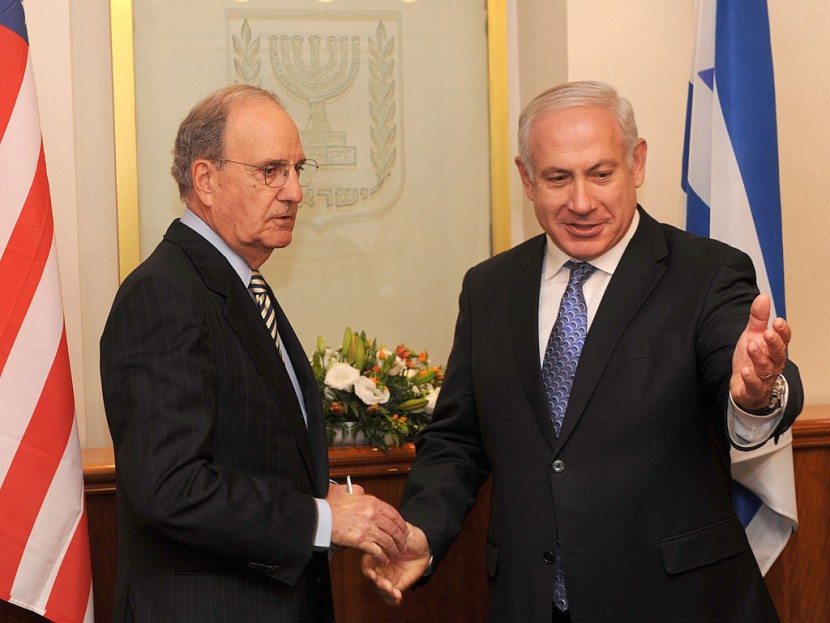
The parliament of Israel debated the formation of a new government that would conclude the 12-year-rule of Prime Minister Benjamin Netanyahu. The new government has a very thin majority of one seat.
Benjamin "Bibi" Netanyahu is the longest-serving prime minister of Israel. He has held the job continuously since 2009. The tenure of "King Bibi" -- a moniker earned by his prolonged stay in office and authoritarian inclinations -- has come to an end.
"Government of Change"
Right-wing nationalist Naftali Bennett has been inducted as PM, leading a "government of change." He will spearhead an unprecedented coalition of parties approved by a majority of 60-59. One minister abstained. Briefly following the tally of the votes, the now-former PM Netanyahu approached his opponent and the two shook hands, reported NPR.
The diverse coalition has vowed to break the country's political gridlock. Bennett, who formerly worked for Netanyahu, became Israel's new prime minister for two years in a coalition agreement that involves eight separate parties and is spearheaded by centrist Yair Lapid and Bennett, reported USA Today.
The opposition leader, Lapid, a centrist former TV news anchor, won a confidence vote in the Knesset, Israel's parliament, by an advantage of 60-59 seats on Sunday night. He will not initially become prime minister.
The new government will be made up of a broad group of Netanyahu opponents that involves the United Arab List. It is known in Israel as Ra'am, which made a mark in history as the first Arab party to join an Israeli governing coalition.
Read Also : Israel's Netanyahu Could Lose Prime Minister Job as Yamina Party Leader Joins Forces With Opposition
Bennett, the son of American immigrants, is a former settler leader whose nationalist politics deviates from those of several of the dovish left-wing parties included in his cumbersome coalition.
Netanyahu has struggled in the past few years with controversy. He is now on trial for corruption, including fraud and bribery. He has also not been able to secure a majority in parliament and establish a successful government, despite Israel holding four elections in the past two years.
Bennett is the head of an ultranationalist party that dominates six seats in the 120-seat Knesset. He will lead an unlikely alliance of centrist, left-wing, and right-wing parties. He will also lead a party that represents Palestinian citizens of Israel, which covers 21 percent of Israel's population.
In the course of the previous 12 years, Netanyahu has dominated Israeli politics. He has not only successfully implemented a throng of right-wing policies, including entrenching Israel's presence in the West Bank. He also integrated a dangerous amount of power into his own hands.
Bennett will be PM until September 2023 as part of a power-sharing negotiation. He will then hand the power over to Lapid for a further two years.
Netanyahu took to Twitter and instructed his supporters to hold their heads high and keep the faith. He pledged to return.
He wrote on Twitter, "I ask you: do not let your spirit fall. We'll be back - and faster than you think."
זה ערב חג באולפני הטלוויזיה אבל ערב לא קל למיליוני אזרחי ישראל. אני מבקש מכם: אל תיפול רוחכם. אנחנו נחזור - ומהר יותר ממה שאתם חושבים.
— Benjamin Netanyahu - בנימין נתניהו (@netanyahu) June 13, 2021








